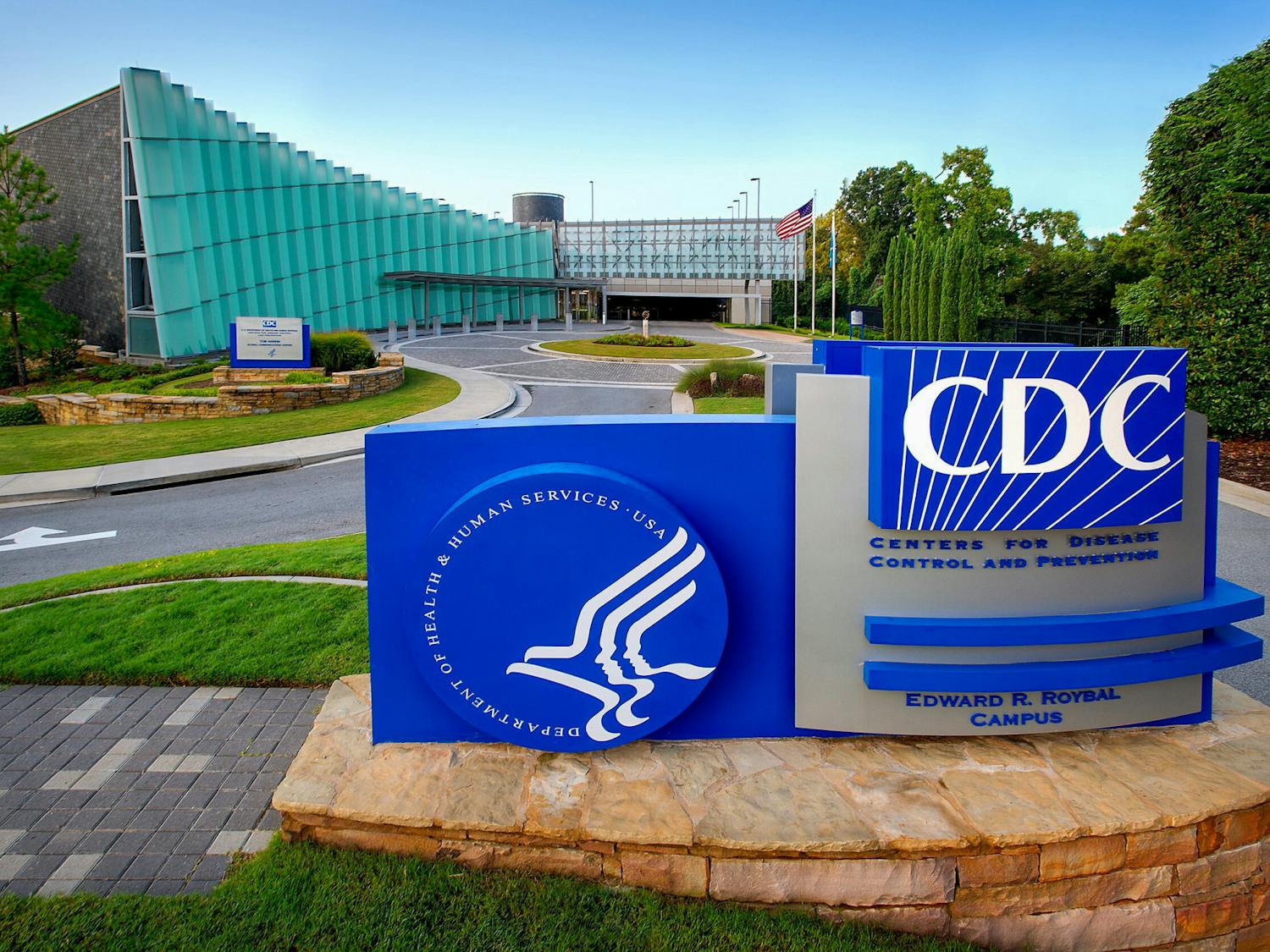Last Thursday, hundreds of angry Philadelphia residents converged on City Hall to protest the construction of a proposed $685 million baseball stadium near Chinatown at 12th and Vine streets.
The demonstration at City Hall was the culmination of a day of protest, which included a march from the Holy Redeemer Church in Chinatown to City Hall and a sit-down protest at the intersection of 12th and Vine streets.
In addition, nearly all of Chinatown's businesses closed their doors for part of the day to express their opposition to building the stadium in their neighborhood.
"The stadium won't be built here. We won't let it," Helen Gym, a 1990 College Graduate, said at the protest, summing up the general sentiment of those assembled.
After examining several locations in the Philadelphia area, Mayor John Street recommended that the stadium be built near Chinatown approximately a month ago. The Philadelphia City Council has promised to approve a stadium deal by the fall so the new stadium for the Phillies can open by April 2001.
Many Philadelphians, especially residents of Chinatown, have spoken out against Street's decision since it was announced.
Some of Thursday's protesters, who hailed from all parts of the city, argued that a stadium on the proposed site would effectively prevent the neighborhood from expanding in the future.
"On the west, we are blocked by the Gallery [Shopping Center], on the east the Ben Franklin Bridge, and to the south the Convention Center. The only place for us to expand is north, across Vine Street," protester Andy Toy said.
"If a stadium is put in at 12th and Vine streets, we will have no where to expand," he added.
Other protesters claimed that the $685 million project -- the greatest cost of any of the possible sites considered for the stadium -- would be a serious misuse of public funds.
"Chinatown has no public school, no library, no community center, no healthcare center, one outdoor basketball court and minimal recreation areas," argued Phillip Siu, a pediatrician and Penn Medical School graduate whose offices are located in Chinatown. "Is a stadium the best thing for Chinatown at this point?"
Other protesters said they felt that the proposed stadium was city politics at its worst, claiming that the area's small voting population made it the the path of least resistance in choosing a site for a stadium.
Residents also point to the importance of Chinatown to the Asian-American community as reason enough to relocate the stadium for the Phillies.
"There is much more to Chinatown than a bunch of restaurants," protester Ken Fong stated. "Why turn a neighborhood which serves as the focal point of Philadelphia's Asian-American community into a parking lot?"
The Chinatown neighborhood traces its roots back to 1870, when the first Chinese-owned business was opened at 9th and Race streets.
Throughout the 1900's, as immigration into the United States exploded, Philadelphia's Chinatown soon grew from a small group of Asian-American owned-businesses and residences into a vibrant neighborhood.
More recently, Chinatown's population has grown nearly 300 percent in the last 15 years to expand to nearly 4000 residents. Residents said that the neighborhood serves as a hub for the Philadelphia area's 250,000 Asian Americans.








